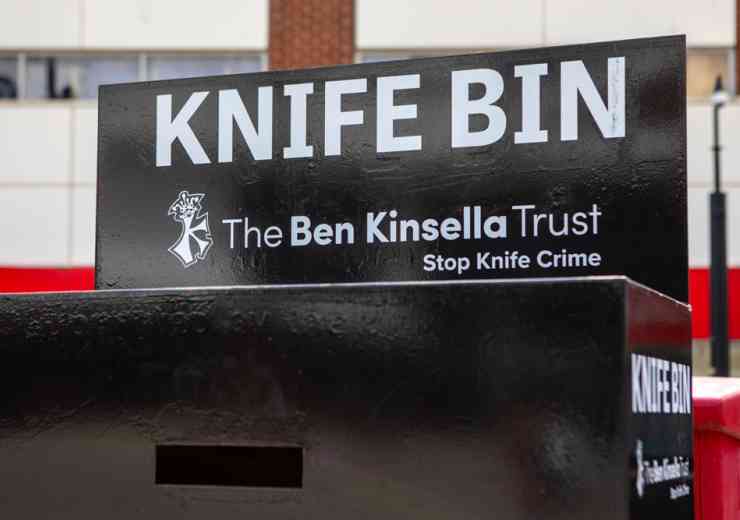Southport killer case requests Unduly Lenient Scheme

Axel Rudakubana, the killer of three young girls at a dance class in Southport last July, has been sentenced to custody for life with a minimum term of 52 years. He was convicted of 16 offences: the murder of three girls, the attempted murder of ten other people, as well as the production of ricin and possession of an Al-Qaeda training manual, contrary to Section 58 of the Terrorism Act 2000. Despite this, as there was no clear motivation uncovered, the case was not treated as terrorism.
On the morning of 29th July 2024, Axel Rudakubana booked a taxi to a children’s dance class where he fatally stabbed three girls: Bebe King, Elisde Dot Stancombe, and Alice da Silva Aguilar, as well as injuring a further ten, two of which being adults who tried to stop him.
18-year-old Rudakubana pleaded guilty to all charges against him on Monday 20th January, and was then sentenced yesterday (23rd January) at Liverpool Crown Court. The MP for Southport has since called for a harsher punishment.
Following this, his sentence has been referred the Law Officers under the Unduly Lenient Scheme. Should the Court of Appeal consider the case, they can choose to decide if the sentence should stay the same, in unreasonably low (‘unduly lenient’) and may increase it, or the Court can refuse to review it.
The Law Officers have 28 days from sentencing to consider the case and decide whether it is referred to the Court of Appeal, though it is difficult to win a successful Unduly Lenient Sentence case, as the case must not only be lenient but inordinately so. An example might if a sentencing judge made an error or imposed a sentence outside of the range of sentences reasonably available within the circumstances of that offence.
At the beginning of this week, the day the trial started, some secretary Yvette Cooper said: “The families and the people of Southport also need answers about what happened leading up to this attack. The perpetrator was in contact with a range of different state agencies throughout his teenage years. He was referred three times to the Prevent programme between December 2019 and April 2021 aged 13 and 14. He also had contact with the police, the courts, the Youth Justice system, social services and mental health services. Yet between them, those agencies failed to identify the terrible risk and danger to others that he posed.”
“This terrible case comes against a backdrop over a series of years in which growing numbers of teenagers have been referred to Prevent, investigated by counter-terror police, or referred to other agencies amid concerns around serious violence and extremism. We need to face up to why this has been happening and what needs to change.
“Although, in like with CPS advice to preserve the integrity of the prosecution, we were constrained in what we were able to say at the time, the Home Office commissioned an urgent Prevent Learning Review during the summer into the three referrals that took place and why they were closed. We will publish further details this week, alongside new reforms to the Prevent programme. But we also need more independent answers on both Prevent and all the other agencies as well as answers on how he came to be so dangerous, including through a public inquiry that can get to the the truth about what happened and what needs to change.”
























